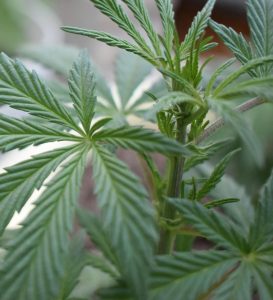Indoor farming is transforming agriculture, offering the ability to grow crops year-round in controlled environments. This method is particularly important for crops like cannabis, where precise climate conditions are essential for success. Managing temperature, humidity, and air quality plays a critical role in plant health and productivity. Choosing the right HVAC system is key to achieving these optimal conditions for Colorado Indoor Farming.
If you’re looking for specialized HVAC solutions for your Colorado indoor farm, contact Cultiva Systems at 623-556-7598 or email [email protected] for expert guidance and support.
Why Indoor Farming is Becoming More Popular
Indoor farming is gaining popularity due to several key factors, including:
Year-Round Crop Production: Colorado Indoor Farming allows for continuous growing seasons, providing fresh crops throughout the year.
Controlled Growing Conditions: With indoor farming, you can control temperature, humidity, and lighting, leading to better crop yields and quality.
Urbanization: As cities grow, indoor farms can be set up in urban areas, making it easier to produce food locally in places with limited space.
Sustainability: Indoor farming uses less land and water than traditional farming, making it a more sustainable option in a changing climate.
Food Security: Growing food indoors helps ensure a more reliable supply of fresh produce, even when outdoor conditions are unpredictable.
The Importance of Climate Control in Indoor Farming

Climate control is critical in Colorado indoor farms because it directly affects plant health, growth, and productivity. Indoor farming relies on creating the perfect environment for crops, as natural elements like sunlight, rain, and wind are no longer factors.
Without proper climate control, temperature and humidity levels can fluctuate, leading to stress on the plants. This stress can slow down growth, reduce yields, and even cause crops to fail. If temperatures are too high or too low, plants may struggle to photosynthesize effectively, impacting their ability to produce food and grow.
Poor climate control can also lead to serious problems like mold, mildew, and pest infestations. High humidity levels can create the perfect conditions for fungal growth, which can damage or destroy crops. Similarly, overly dry conditions can cause plants to become dehydrated and susceptible to diseases.
Without the right climate control, crops may become stunted, lose their quality, or even die off entirely, leading to significant losses for farmers. For Colorado Indoor Farming to succeed, maintaining a stable and consistent climate is essential for protecting crops and ensuring healthy, productive growth.


